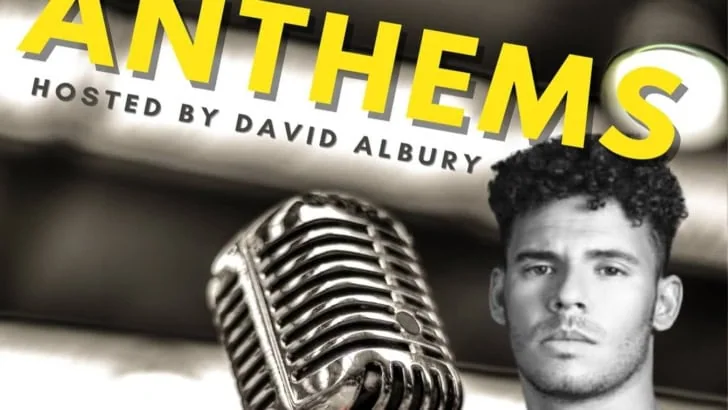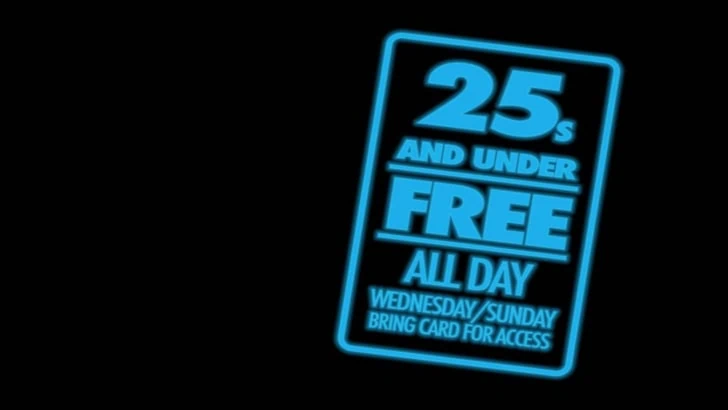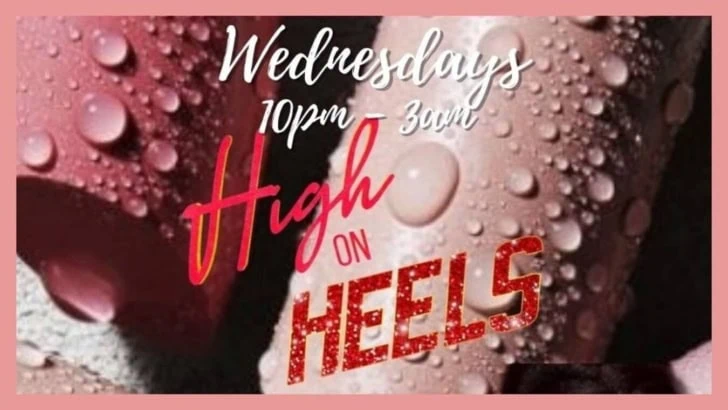Sasha Selavie on the genre-smashing, gender-bending band, The Cockettes
Whether by a process of genetic selection or not, gay men, generally, are in a completely different league from straight guys. Particularly when it comes to social skills, insight and artistry. Arguably, they focus talents otherwise remorselessly drained by traditional families, on personal excellence, becoming charming, highly talented bon vivants and raconteurs in the process. Sceptical? Don’t be – just look at the legions of gay, world-class artists and entertainers that prove my point. And naturally, it’s always good to relax and socialise with one’s same-sex peers, a mutually appreciative camaraderie that straight closet-cases would give their eye-teeth for!
Still, maybe the lamer-than lame straight world is catching on. Seemingly overnight, trans and pan-sexuality have become inescapable buzz-words, and bearded drag queens – hello, Conchita – have become as unremarkable as school lollipop ladies stopping traffic for kids. Ah, but every action has a cause, so what, pray tell, sparked the shocking, pansexual gorgeousness of Johnny Woo, David Hoyle, RuPaul and others too numerous to mention? One highly probable answer is the Cockettes, an inexplicably obscure troupe of radical sexual extremists from the San Francisco of 1967, an unbelievable fifty years ago! And if a Clockwork Orange was one proto-punk Bible of amoral violence, the much less feted Cockettes are the electrifying blueprint of the perfect, pouting pansexuality that’s become a modern must-have, media feeding frenzy!
So – quite fortuitously – they’re the subject of a stunningly engrossing film (the eponymous The Cockettes) from Tartan Studios, an unjustly neglected queer history of America. Combining ferociously strong LSD with beards, gay lib, drag and communal, hardcore hippie values, they revolutionised deviant sexuality for the Swinging Sixties.
See, before the Cockettes, queens from coast to coast were either desperately closeted, or, if utterly shameless, minced down a broad daylight Main Street in the tackiest drag imaginable. But any way you cut it, it was Gay Stereotype City, stemming from Freudian self-oppression or a neurotic, over-identification with unstable, flaky divas like Judy Garland or Bette Davis. Mercifully, the Cockettes dumped that schizoid idiocy where the sun don’t shine, revelling in the joy of being blatant, bearded drag queens in sequins and chiffon!
Living contradictions smothered in glitter years before the deeply derivative Bowie, the Cockettes shot their creative loads staging warped retreads of classic musicals in thrift-shop chic. Inspired by early 60s filmmaker Jack Smith, creator of the baroque, drag orgy Flaming Creatures, they pissed on decorum, with one member, Rumi, even suffering an epileptic fit on stage courtesy of massive MDMA abuse! An anecdote worthy of Marilyn Manson, it’s still fondly recalled by surviving nearly 50 years on, in a DVD packed with riveting, period footage!
Amazingly, even Divine – John Waters’ unforgettable muse- and killer disco queen Sylvester served time with the Cockettes, but the group’s drug-fuelled amateurism finally received a frosty come-uppance in a series of high-profile, NYC gigs attended by the cream of the era’s queeny glitterati. Sadly, there was nowhere to go but down, but the Cockettes’ stunning, pre-punk, mix ‘n’ match ethos still survives, perhaps most fabulously in the wholesale, unrestrained excess immortalised daily at Johnny Woo’s Glory! Who could ask for anything more? An essential DVD that’s a must-have for any self-respecting queen, the Cockettes is an inexhaustible inspiration for show-stopping, car-crash party drag! Enjoy!
The Cockettes is out now on DVD and streaming services.

















